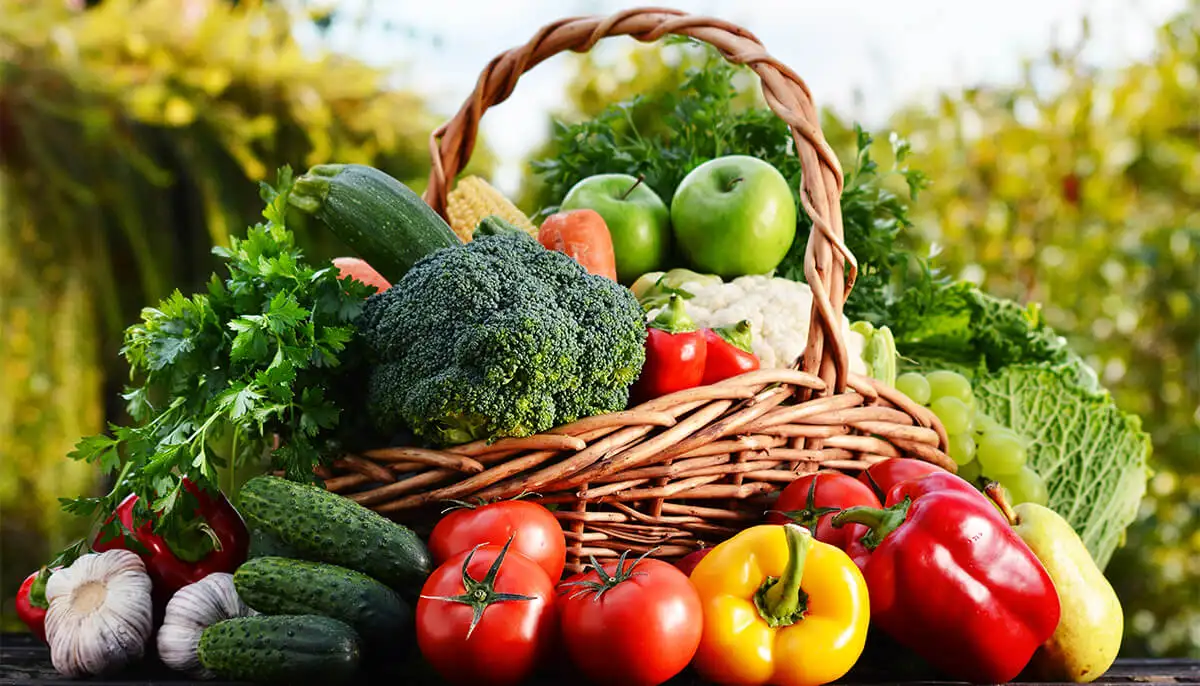Fruits are considered to be the most important food items and the same have such to prevent illness and also to make our body to receive the important vitamins as well as calcium. But there are some fruits that you must limit during the winter season because winter needs a different nutritional approach. Today we will be checking out 5 fruits that you should limit during the winter season. So without making any further delay let’s get into the article to check out the details.
Summer Berries (Strawberries, Blueberries, Raspberries):
This particular fruits are really delicious and tasty but the same are not good for the winter season as the consumption of these fruits out of season means they’re likely imported, which can lead to a lower nutrient profile due to the time spent in transit and storage.
Tropical Fruits (Mangoes, Pineapples, Papayas):
Tropical fruits including mangoes, pineapples, and papayas are not good for the winter season as the same are really cold and it is out of season fruits as well for majority of regions. These fruits are cooling in nature, according to traditional dietary philosophies, which might not be ideal for cold weather when the body needs warming foods. They also tend to lose flavor and nutritional value during long-distance shipping.
Melons (Watermelon, Cantaloupe, Honeydew):
Melons are another group of fruits that are best enjoyed in their season, which is usually summer. They have high water content and are known for their cooling properties, making them less suitable for cold winter months. Eating seasonal fruits helps in aligning with the body’s natural nutritional needs, and melons in winter might not provide the same benefits as they do in the summer.
Citrus Fruits (Limes, Lemons, Grapefruits):
This might be a bit controversial, as some citrus fruits are indeed winter fruits. However, for those with certain health conditions, like arthritis or migraines, which can worsen in cold weather, it’s often suggested to limit citrus fruits. This is because citrus fruits can sometimes aggravate these conditions. It’s always best to consult with a healthcare provider for personalized advice.
Stone Fruits (Peaches, Nectarines, Plums):
Stone fruits are typically summer fruits and are best avoided during winter. They are not only less flavorful and nutritious when out of season but also have a higher carbon footprint due to the transportation required. Eating locally and seasonally is not only beneficial for your health but also better for the environment.
So please try to avoid consuming these fruits in the winter season and try to be warm to fight against cold. Sharing is caring and you always need to remember the same. So don’t forget to share this article with your friends and family and help them to consume good fruits in the winter season.
- About the Author
- Latest Posts
A passionate advocate for all natural and sustainable ideas. With a background in sustainable economics science and a deep love for nature, Sojy has dedicated his career to promoting eco-friendly practices and encouraging others to live a more sustainable lifestyle. He is an avid hiker, gardener, and cook, and loves experimenting with natural ingredients in his recipes and lifestyle routines. Sojy believes that small changes can make a big impact and is constantly seeking out new ways to reduce his carbon footprint and inspire others to do the same




